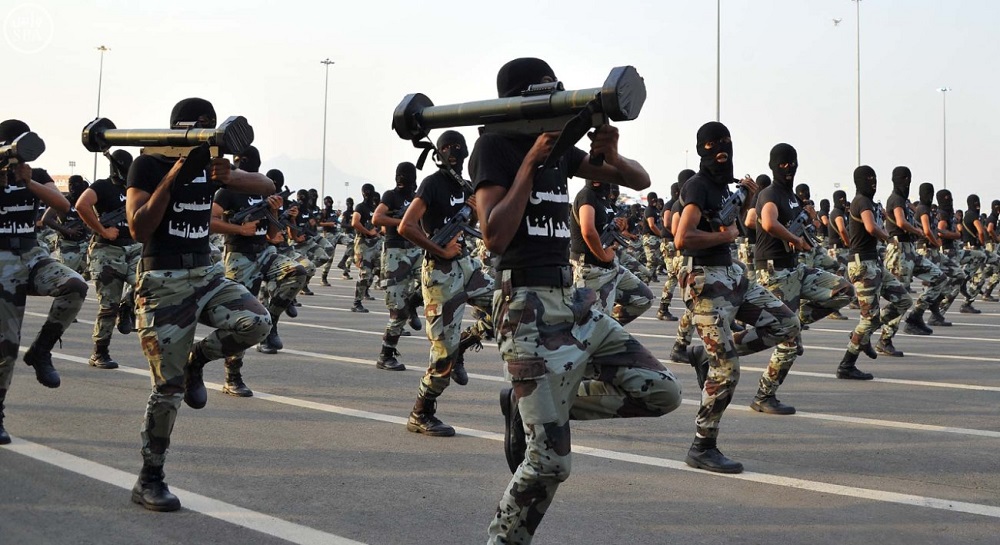The year 2010 was a turning point in Saudi Arabia. That year saw the spark of the so-called “Arab Spring”, the riots in Awamiya, which later turned into terrorist acts before they too faded and came to end, and Saudis began using the most popular social networking site in the Kingdom, Twitter.
From 2010 onward, internal and external parties realized the importance of the site and attempted in any way possible to control the Saudi Twitter, which has become a remarkable phenomenon in the world as social media is considered a powerful mean through which one can, negatively or positively, influence tweeters.
Thus, it wasn’t surprising to discover later that this account, which is followed by hundreds of thousands of users, did not operate from Saudi Arabia, but from Turkey, or those who participate in local discussions and tweet through organized cells located outside the Kingdom.
It appeared that the greatest hashtags related to domestic issues originated from abroad.
Within this context, Saudi Arabia suddenly found itself at a different stage compared to those preceding it where its people found an outlet where they can express their views freely and without any censorship.
The new platform gave rise to new celebrities and also revived old ones, who date back from the cassette tape era. These figures have a long history of contributing to the suspicious activities and through this platform, they found the means to, unfortunately, create incitement on the street, hit national cohesion and try to create chaos in any way under several labels.
There is no doubt that the best description that these people hid behind to market their agendas is “reform.” Of course, no one asks since when reform has been achieved through inciting a revolution, for example, or creating a violent public opinion on all issues. Or, how can reform be achieved through challenging and doubting the credibility of all state institutions?!
On Monday, an official source said that Saudi Arabia’s Presidency of the State Security was able to uncover and monitor the intelligence activities of a group of people who worked for external parties against the security of the Kingdom and its interests. “The cell worked to disturb the interests, methodology, capabilities and social safety of the Kingdom in order to stir up sedition and destabilize national unity.”
In my opinion, it is significant that the majority of the names of the members of the intelligence cell did not surprise any of the observers. The only real surprise was the delay in holding them accountable and bringing them to trial because their impact, harm and incitement was known to all.
Of course, no country that accepts that someone use his fame, status or means of communication, such as Twitter, to incite civil peace. The Saudi government however gave them many chances, hoping that they would go back on implementing their agendas and sense the danger of their scheming.
However, they did not get the message and they continued to pursue their agendas and contacts with sides working on fragmenting Saudi society from the inside. They continued to strike national unity for long years, in means that appear to be gentle, but were extremely volatile in reality.
Notably, the Saudi security services have evidence and proof that condemn the members of the intelligence cell when they are brought to trial.
The issue, as some people argue, is not because of their peaceful views, as they claim, since there are thousands of Saudis who have their own views that are inconsistent with the general policy of the Kingdom, yet no one has come near them for a simple reason: they did not promote their views in a dangerous and chaotic way, and they did not use these views to harm their country and its citizens.
I recall that I once asked a senior Saudi security official about the measures taken in case someone incited against the country or if someone has stances that are contrary to the state’s. He answered: “We do not care what people say or what they think. We do not hold people accountable for their opinions and stances as long as they do not turn into harmful acts that affect the people’s security.”
In all the countries there are destabilizing forces that deal with foreign countries for several purposes. This is the nature of good and evil in humans. Saudi Arabia also has one of these destabilizing forces and states are responsible before their people to prevent these forces from causing instability regardless of their excuses, whether they are religious or social, to carry out their heinous acts.
